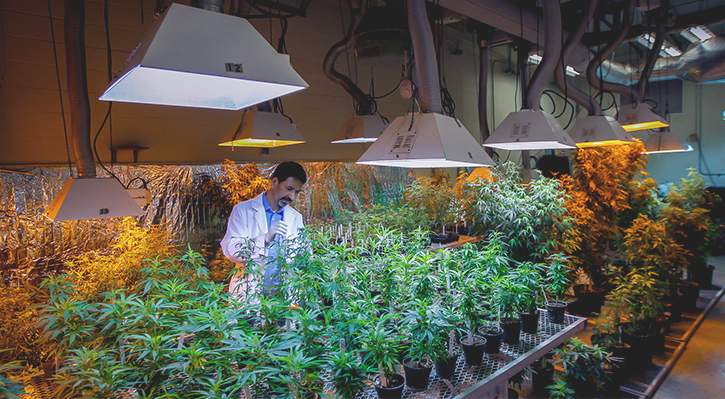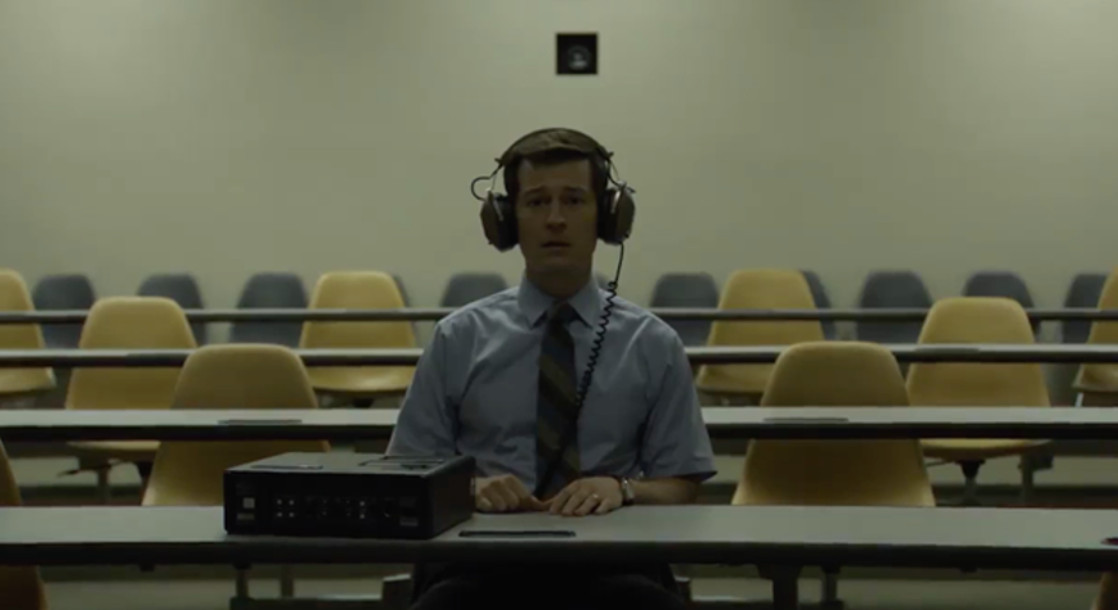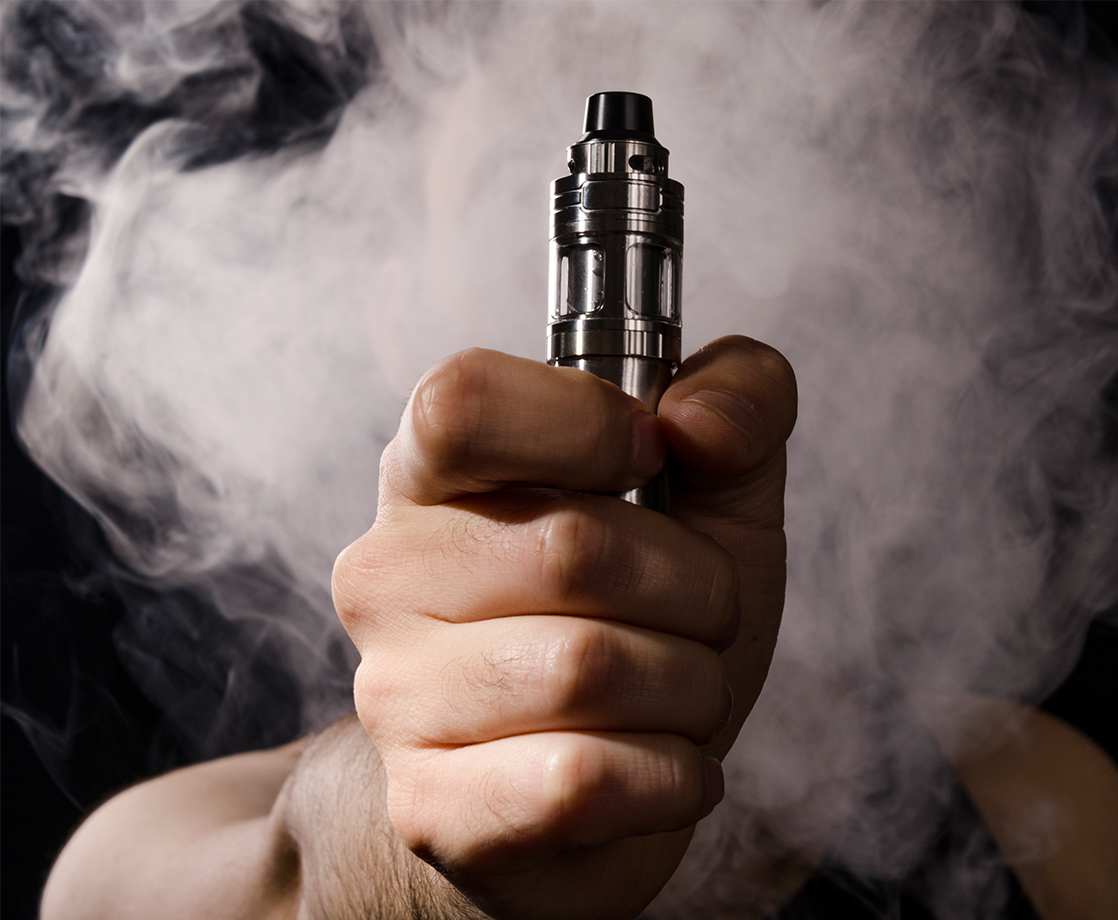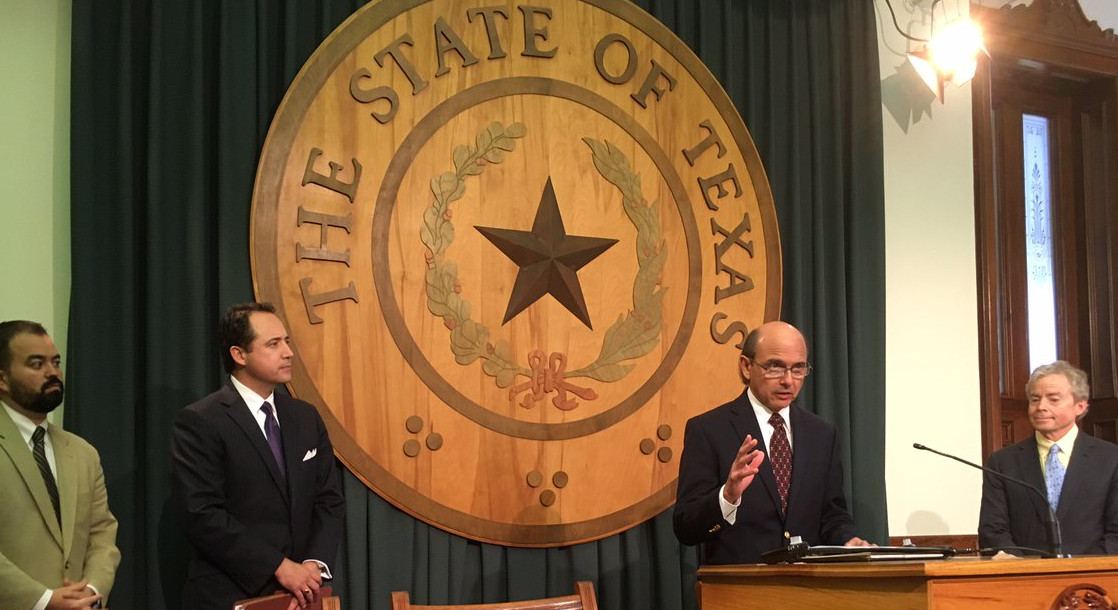Although there is a lot of excitement brewing throughout the cannabis community over the recent decision by the U.S. Drug Enforcement Administration to allow more cultivation operations than the University of Mississippi to manufacture Uncle Sam’s research marijuana, a new report finds that most institutions of higher learning have absolutely no interest in growing marijuana.
According to STAT News, Cornell University, the University of Kentucky, Virginia Tech, Michigan State University, the University of Vermont, and Western Kentucky University have all expressed no interest in getting involved with the government’s cannabis cultivation program. The University of California, Davis, University of Nebraska, Lincoln, Colorado State University, Oregon State University, and Purdue University all said the same.
For now, many of these universities appear to be keeping their distance from the possibility of getting into the business of growing weed until they have a better grip on the DEA requirements. After all, the facilities needed to produce marijuana are expensive to build, and nobody really has any idea yet exactly what it is going to take to secure a DEA license.
Of course, this hesitation among the universities leaves the federal contracts open to independent growers, who already have most of the equipment and the facilities the federal government might require from a cannabis supplier. The only problem is most of the businesses with experience in marijuana cultivation will likely be disqualified from the application process because they have technically violated the Controlled Substances Act.
Some of the factors under consideration are “whether the applicant has engaged in illegal activity involving controlled substances,” wrote acting DEA administrator in a memo regarding the subject. “In this context, illegal activity includes any activity in violation of the CSA (regardless of whether such activity is permissible under State law) as well as activity in violation of State or local law.”
Although Rosenberg says growing weed in a legal state does not necessarily exclude an applicant from receiving a license, he says, “It may weigh heavily against granting the registration.”
For the past several decades the University of Mississippi has been the only facility permitted to grow marijuana for the federal govenment. Last year, that contract was worth nearly $69 million.
The DEA is currently accepting applications from potential cultivators, but no timeframe has been established for when the agency might reveal the recipients of the additional licenses.











